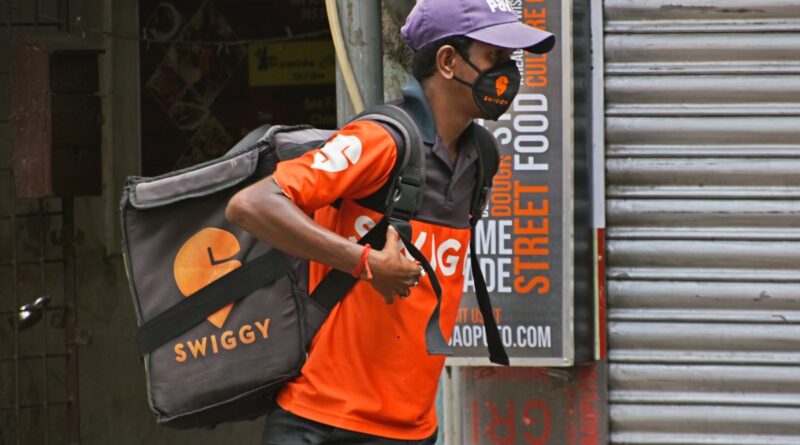Swiggy’s food delivery business reaches profitability
India’s Swiggy said on Thursday that its marquee food delivery business has become profitable, eclipsing its publicly-listed rival Zomato on another key metric a day before the firm is set to report its quarterly earnings.
The Bengaluru-headquartered startup — which counts Prosus Ventures, SoftBank and Invesco among its backers — became profitable in March this year, it said. It is, however, not factoring in employee stock option costs in the expense, Swiggy said.
“This is a milestone for food delivery globally, not just for us, as Swiggy has become one of the very few global food delivery platforms to achieve profitability in less than 9 years since its inception,” Swiggy co-founder and chief executive Sriharsha Majety wrote in a blog post.
Swiggy, at a company level, is still not profitable. The startup is burning more than $20 million a month on its instant grocery delivery business, called Instamart, according to two people familiar with the matter. This is after the company significantly paring back its spendings on Instamart in recent quarters.
Majety confirmed that Swiggy has made “disproportionate investments” in Instamart, “given the attractiveness of the consumer proposition and its strategic importance” but asserted that that the “peak” of its investments is “behind us.”
“Instamart is one of the leading players in the quick commerce space globally. In addition, we’ve also made strong progress on the profitability of the business and we’re on track to hit contribution neutrality for this 3-year-old business in the next few weeks,” he wrote.
Thursday’s update, shared a day before the lossmaking Zomato reports its earnings, is a much-needed momentum for Swiggy, which in recent months has seen its valuation cut by at least two of its investors.
At stake is India’s $20 billion food delivery market, that has seen several consolidation and exits in recent years. Uber sold its India food delivery unit to Zomato, whereas Amazon exited that business in the country late last year.
“Facing a market with high growth potential (~45% growth CAGR), Indian food delivery platforms are in an advantageous position in reaching profitability given India’s low labor cost. So, at the end of the day, both Swiggy and Zomato could coexist in a duopoly market structure. India food delivery market has evolved from pre 2014 when India food delivery was plagued with many problems of unreliable delivery, high minimum orders, and poor restaurant selection,” Bernstein analysts wrote in a report last month.
“The food aggregators have invested in logistics (better delivery time, efficient routes, lower delivery costs) whereas the cloud kitchens have focused on evolving consumption trends (demand for fresh, hygienic, and healthy meals).”
Swiggy’s food delivery business reaches profitability by Manish Singh originally published on TechCrunch





